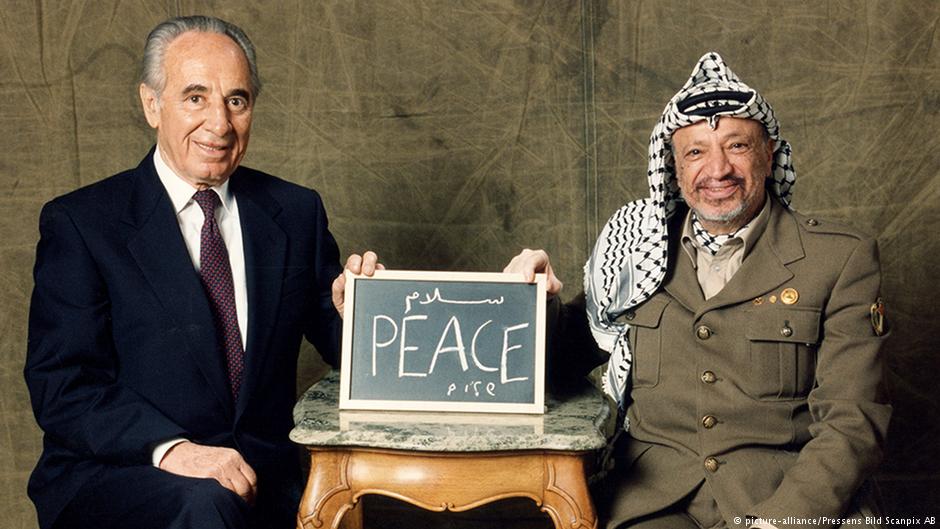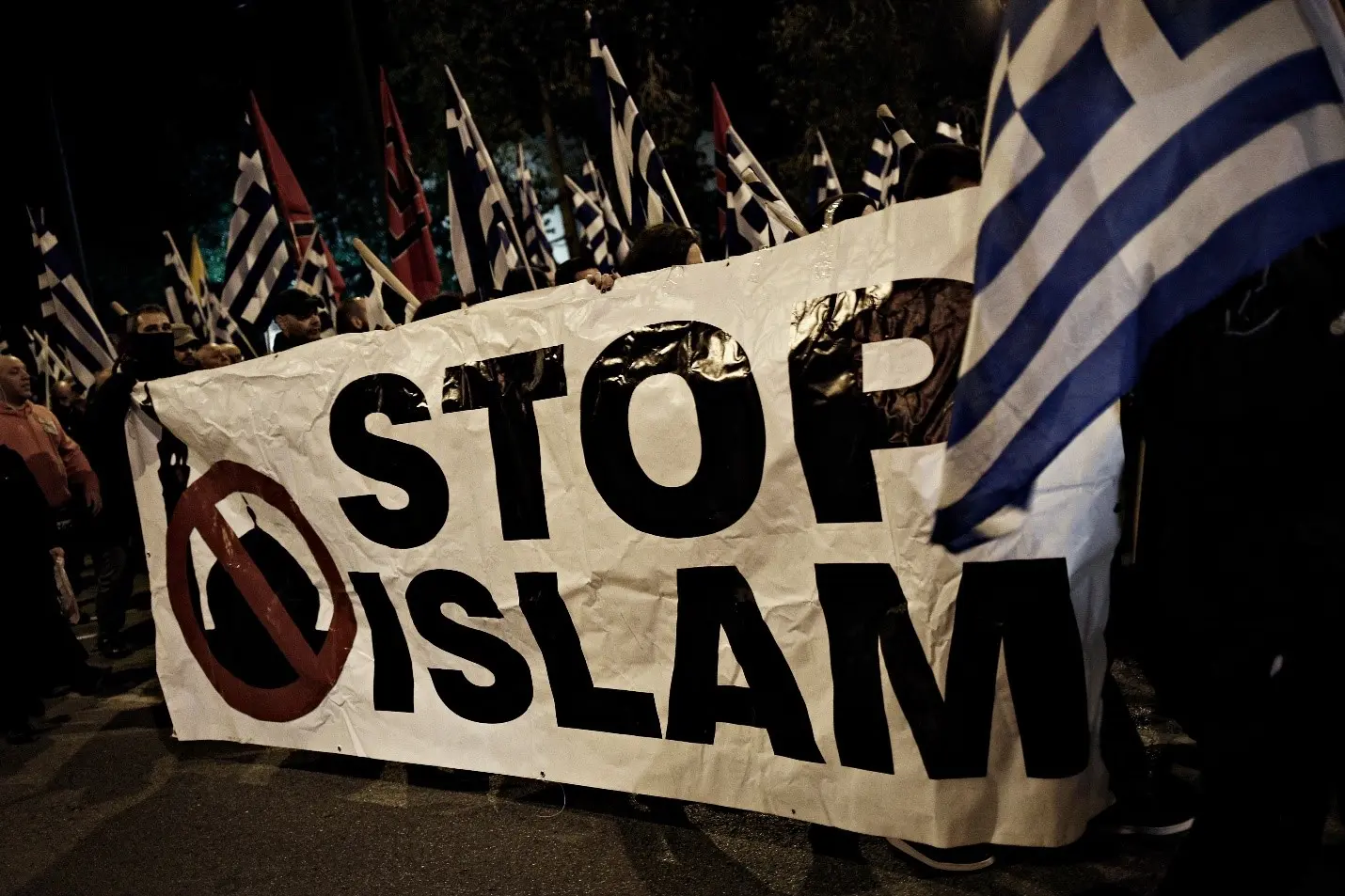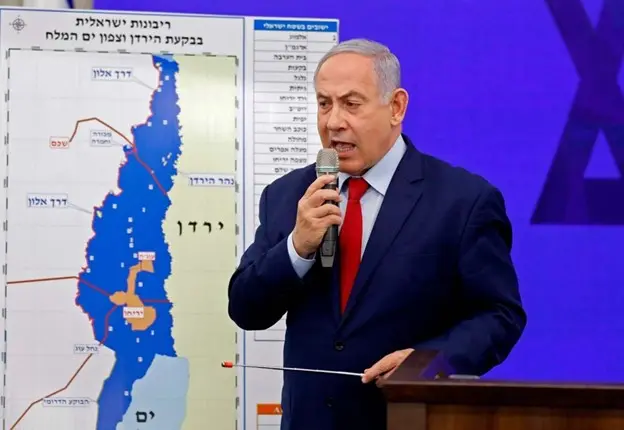25 Feb 2025
How Does Populism Shape National and Global Politics?
Populism has recently risen in different regions, including Europe and the United States, constituting a challenge to local and global politics. While this phenomenon existed in Europe before the Second World War (WII), the rise of the Soviet Union as a principal threat to Europe after WII prompted them to neglect populism’s negatives and emphasise confronting the Soviet challenge. After the collapse of the Soviet Union in 1991, Europe began an institutionalised process of identifying new internal and external threats, attempting to keep its capabilities mobilised for confronting challenges that might suddenly arise. This process led to identifying several internal threats, such as migration, lack of skilled employment, and populism as serious threats. Moreover, European integration began a new phase with the conclusion of the Maastricht agreement in 1992, creating the EU in its current form, which prompted Europeans to identify populism as a threat that might impede European integration.
20 Jan 2025
Is the Russia-Ukraine War Nearing Its End?
President-elect Donald Trump has pledged to bring an end to the Russia-Ukraine war, though he has yet to specify how. A negotiated settlement appears to be the only viable path forward, as a decisive military victory for either side seems unlikely. Western nations, particularly those in Europe, are struggling with internal challenges, leaving them in a weak position with limited leverage at the negotiating table. Meanwhile, Russia also finds itself in an unenviable situation, creating a potential opening for Trump to encourage both parties toward a resolution. However, for any agreement to lead to lasting peace, security guarantees for Ukraine must be a central component. These guarantees are likely to be the key trade-off for any concessions that Europe would likely offer.
27 Jun 2024
France’s Parliamentary Election: What is Going on in Paris?
In a surprising move, and after the far-right National Rally (RN) party dominated in the European elections in France, French President Emmanuel Macron announced the dissolving of parliament and called for snap elections. The move is seen as very risky, with many believing that it will further embolden the far-right whose chances of winning a parliamentary absolute majority exceeds that of Macron’s coalition. Nevertheless, Macron’s decision is not without some strategic planning. Nonetheless, whether the French president succeeds in his plan or not, watching French politics for the upcoming three years will be definitely be interesting.
19 May 2024
The Politicisation of EU Corruption
The European Parliament (EP) has been embroiled in a series of corruption scandals, raising questions about the integrity of EU institutions. These events have led to increased scrutiny of lobbying activities, conflicts of interest, and the "revolving door" phenomenon. As the June EP election approaches, the scandals have further fueled anti-establishment sentiments and could potentially impact the election outcome.
“I appeal to you to resist the temptation to exploit this moment for political gain.”
A statement made in December 2022 by Roberta Metsola, President of the European Parliament (EP), in response to one of the bloc’s biggest corruption scandals, reveals a larger story about the politicisation of corruption in European politics.
5 Feb 2024
Navigating the Two-State Solution: Balancing Possibility and Hope in the Palestinian Cause
The Palestinian-Israeli conflict stands as one of the world's most intricate and pressing issues, marked by enduring conflicts between Palestinians and Israelis, with potentially dire consequences that could escalate into a regional war. In 1993, both Yasser Arafat, leader of the Palestine Liberation Organisation, and Israeli Prime Minister Yitzhak Rabin embraced the two-state solution, leading to the signing of the Oslo Accords. The essence of these agreements aimed at establishing two states, one for Palestinians and the other for Israelis, as a pivotal step toward a conclusive resolution to the prolonged and costly conflict. Unfortunately, the intended implementation of these agreements faltered, resulting in failed efforts and the division of Palestinian society between Fatah in the West Bank and Hamas in the Gaza Strip. Instead of fostering confidence, Israeli positions hardened toward Palestinians, leading to a surge in settlements in the West Bank and east Jerusalem. Currently, approximately 700,000 Israelis reside on lands designated for the Palestinian State, contributing to a decline in both regional and global interest in the matter.
The Palestinian cause regained global prominence with the events of October 7, marking the end of a three-decade stagnation and a background role amid the Arab Spring and subsequent regional and global crises. The Israel-Hamas War raised international concerns about the potential escalation into a regional war. It heightened fears of derailing the Middle East peace process, particularly the "two-state solution." Israeli officials have recently declared that this option no longer exists, despite opposition and warnings from some of Tel Aviv's closest allies, notably Washington.
These indicators underscore the notion that stability in the Middle East hinges on a resolution to the Palestinian cause that aligns with the national aspirations of the Palestinian people. Consequently, discussions surrounding a two-state solution have resurfaced as the optimal proposal to end the conflict, serving as an alternative to the right-wing expansion and settlement policy on the West Bank. Such a policy could potentially isolate and compromise Israel's security while significantly depleting its military and financial resources. Hence, this analysis addresses the crucial question: Is the two-state solution still viable given the current circumstances?
4 Apr 2023
Is Islamophobia on the Decline in Europe?
Islamophobia is a combination of hatred, fear, and prejudice towards Islam and Muslims. This phenomenon is manifested in violence against Muslims and Islamic symbols, as well as discrimination and antagonism in daily life. Over the last two decades, there has been a sharp rise in anti-Muslim prejudice, leading many nations to take unjustified action against Muslims in response to the security concerns that have been levelled against them. The persistence of prejudice and hatred against Muslims is also a result of widespread misconceptions about Islam. In addition to several incidences targeting Muslims and their symbols, Islamophobia has spread through statements, attitudes, and campaigns that fuel anti-Muslim sentiment. Muslims frequently face discrimination in countries where they are a minority and have trouble accessing products and services, education, and jobs. Islamophobic hate crimes typically rise following particular occurrences, such as terrorist acts, often provoking collective punishment.
On the other hand, there has also been an increase in tolerance recently, with a noticeable expansion of Muslim celebrations and rituals in various European cities. For example, Ramadan was observed in London by a few English clubs and Muslim footballers were given time to break their fast by English Football Association. The German Federal Ministry of Education and Research also issued a letter allowing Muslim instructors in Berlin to wear the veil (hijab). Considering these seemingly minor but significant societal developments, this analysis investigates the repercussions of these changes on the presence of Islamophobia in Europe to determine whether the phenomenon has declined or if these manifestations are still too superficial to affect the depth and roots of the issue.
30 Mar 2023
Netanyahu’s Judicial Amendments and the Future of the Palestinian Cause
In recent months, protests inside Israel have increased significantly in response to Israeli Minister of Justice Yariv Levin's announcement of the judicial overhaul plan on January 4, 2023. Protests have been held every week since Yariv's announcement. On February 12, 2023, Israeli President Isaac Herzog delivered an unusual address in which he warned of the consequences of this plan and its harm to Israeli society, economy, and security. The president attempted to mediate a reconciliation between the opposition and the ruling coalition, but he was unsuccessful. Nevertheless, the coalition began its strategy; on March 20, 2023, the Knesset passed the first reading of the proposal regarding the eligibility of ministers and deputy ministers with a majority of 63 members. In addition, the proposal states that courts, including the Supreme Court, are not allowed directly or indirectly to hear cases relating to the appointment or dismissal of ministers from office. This proposal is one of the most crucial components of the judicial amendments plan.






